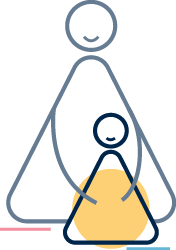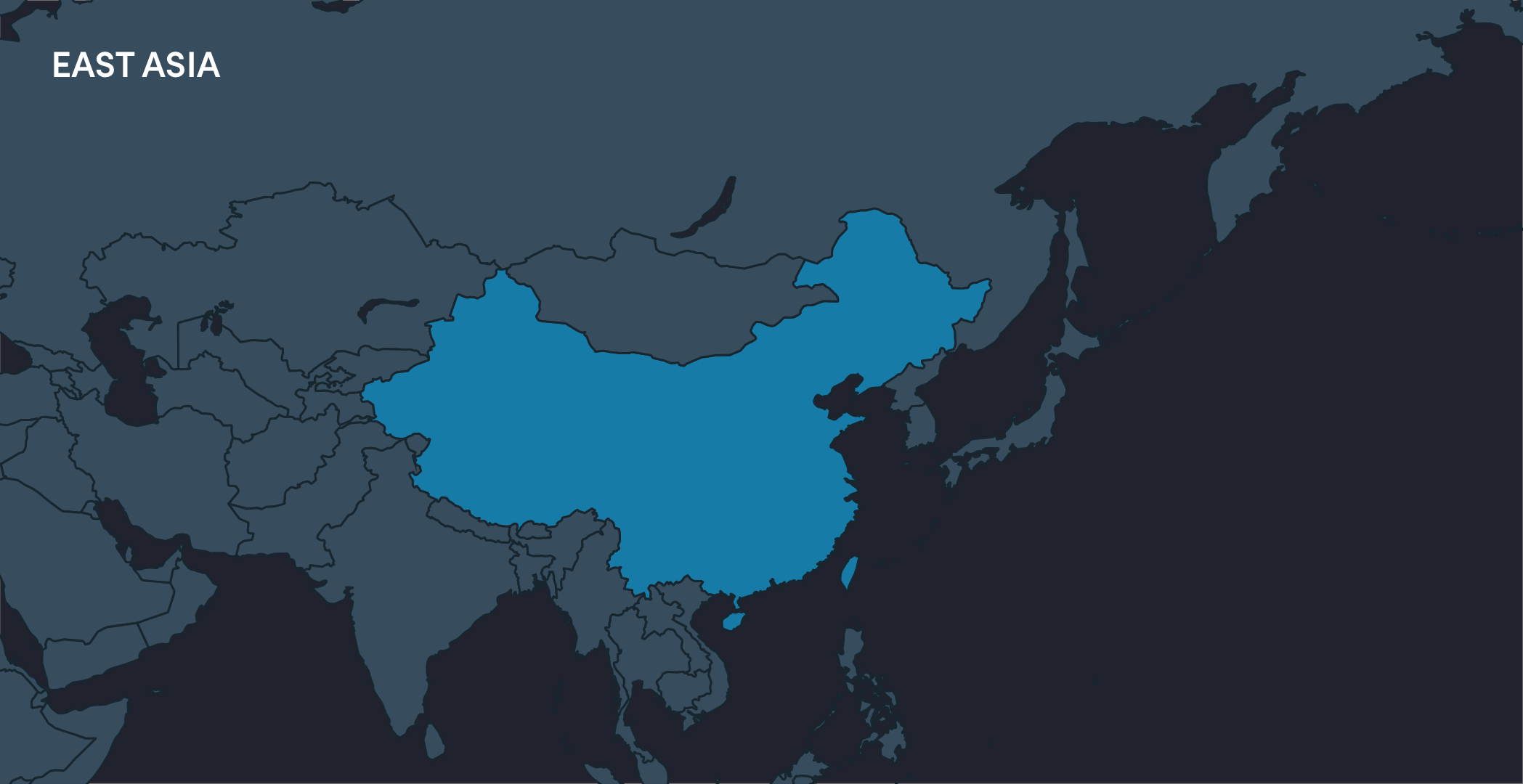In China, studies show that approximately 1 in 2 parents and caregivers self-reported having used physical harsh discipline against kindergarten and primary school-aged children within the last year. Child sexual abuse (CSA) is also an issue in China, with a prevalence of 9.5% for girls and 8% for boys, according to a meta-analysis of population-based studies. Child sexual abuse is related to a wide range of mental, physical and social issues, such as depression, anxiety, substance abuse, risky sexual behaviors, chronic diseases, delinquency, and poor interpersonal relationships.
- Self-Reading on VAC Issues for Parents: Parenting reading materials, designed in the form of a 28-day course, were distributed through the schools and transmitted to parents and caregivers by the students. The main content of these materials included parenting skills, such as expectations for children, alternatives to negative words when evaluating children, and belief in and encouragement of the child.
- School-based CSA Prevention Education: The curriculum included the concept of private parts; body safe rules that private parts cannot be seen or touched by others except for hygiene; recognition of appropriate/inappropriate touch; strategies for saying ‘no’; and self-protection skills. Prior to implementation, relevant stakeholders were consulted to ensure that the education content was developmentally appropriate.
Self-Reading for Parents: Parents were recruited from 24 classes of grade 1-6 of 2 elementary schools in Fuxin and were randomly divided into education and control groups by class. The education materials were delivered through schools and were designed into a continuous 28-day course. The pre-test and post-test 3 months after education were conducted by self-administered questionnaire among parents. 765 parents participated in the pre-and post-tests and returned qualified questionnaires.
CSA Prevention and Education in Schools: 365 school-age children, recruited from grade 2-5 of two schools in Fuxin, were assigned to a CSA prevention education group or to a control group by class. CSA prevention education was implemented by school teachers. Questionnaire surveys were conducted before and after the education.
Researchers from Peking University implemented two interventions in Fuxin, China, each addressing a different set of risk factors associated with violence against children. One intervention distributed reading materials related to VAC prevention for caregivers to read at home, and the second involved school-based CSA prevention programming.

PARENTAL HARSH DISCIPLINE AGAINST CHILDREN
The home-based reading materials showed no significant difference in parental use of harsh discipline against their children, including physical, psychological, and domestic violence, when compared to parents and caregivers in the control group.

REPORTING AND REFUSAL OF SEXUAL ABUSE BY CHILDREN
Children participating in the school-based CSA intervention were surveyed on their ability to address situations of sexual abuse by telling at least one adult, or by refusing inappropriate interactions by using words and walking away. They reported significantly higher knowledge and “tell” skills than those who did not participate in the intervention. However, there was no significant difference in “refuse” skills between the two groups.
Parental education on preventing violence against children should start early and include participants who are preparing for parenthood.
To maximize engagement, parenting education materials should be concise and readable, and include vibrant illustrations and opportunities for participatory learning.
Reading materials alone are not adequate to effectively reduce the prevalence of violence against children and should be used in combination with group discussion, demonstration, and interactive activities.
To enable comparisons between intervention sites, pre- and post-test timelines that account for school vacation and summer schedules are critical.
Self-reported data should be supplemented with child maltreatment data of reported cases from hospitals and other relevant entities when conducting large community-based studies.
Jingqi Chen, Professor
Institute of Child and Adolescent Health, Peking University Health Science Center
https://sph.pku.edu.cn/info/1120/3986.htm
g3jing_qi@bjmu.edu.cn
Would you like a concise two-pager on this study? Download the evidence brief!





